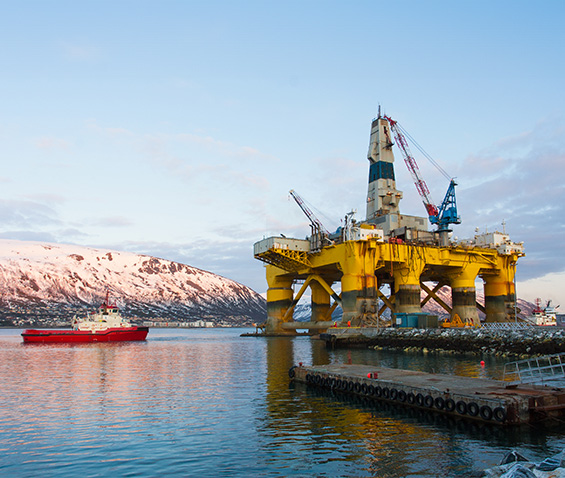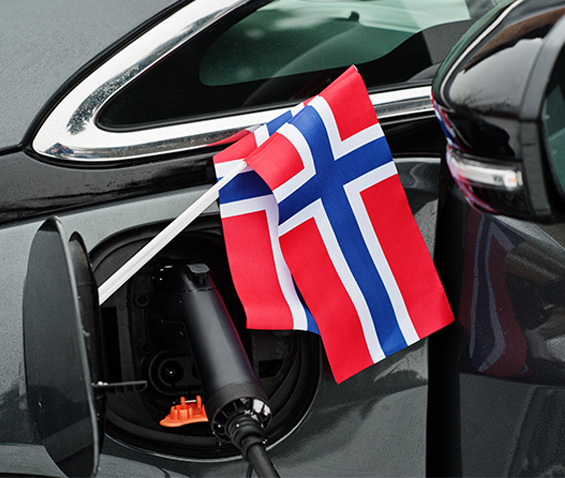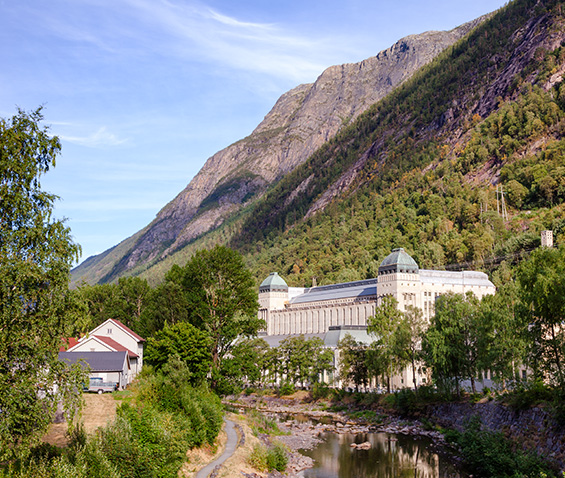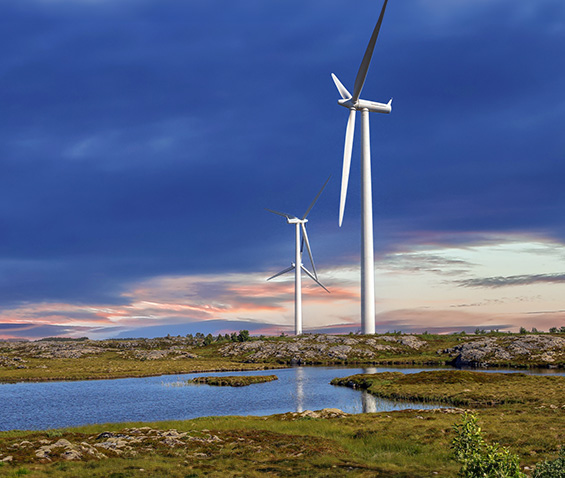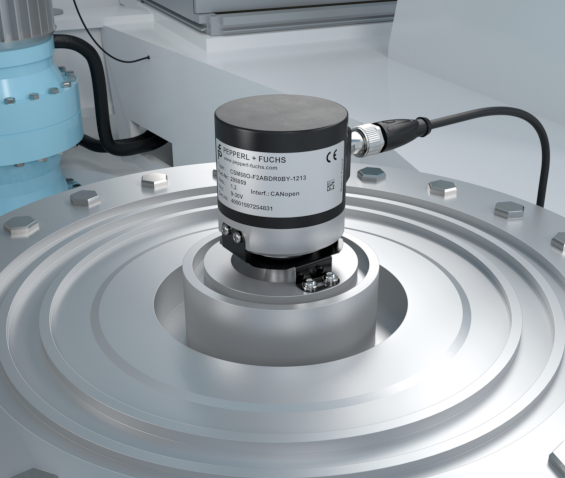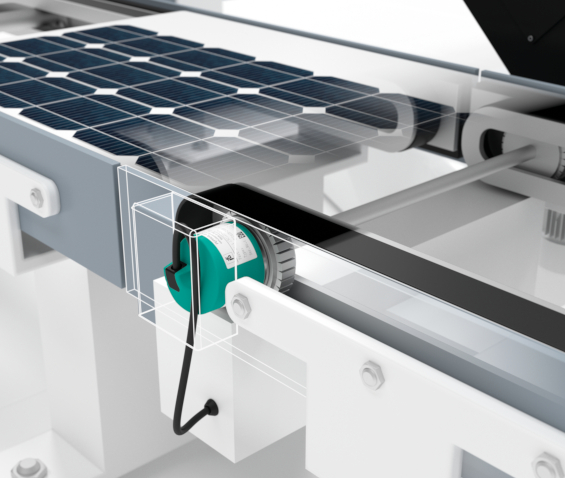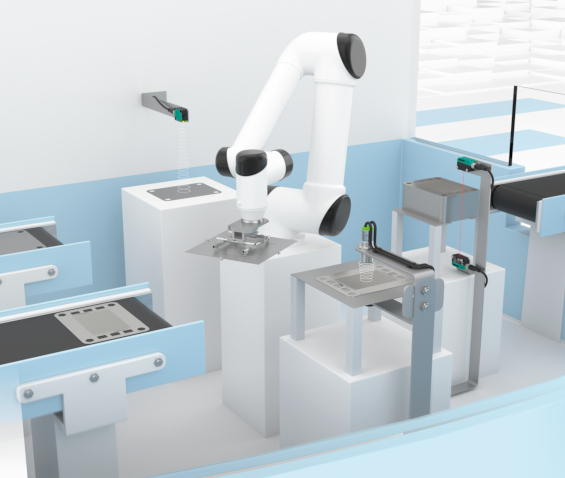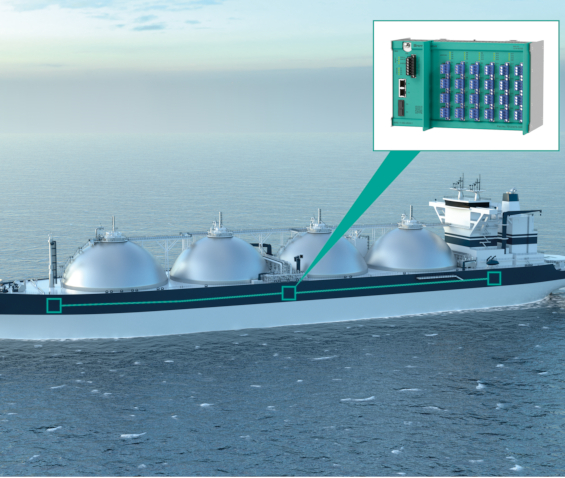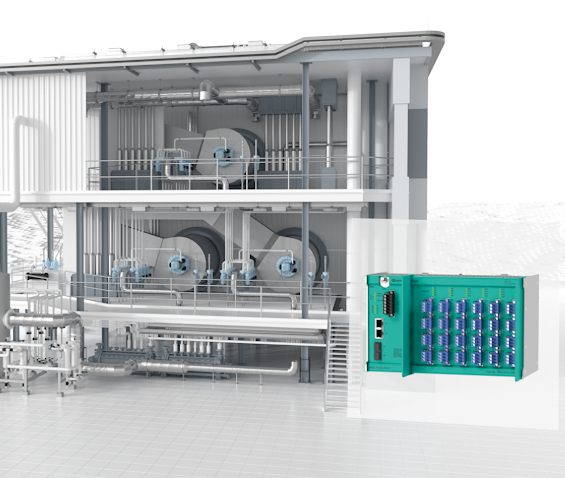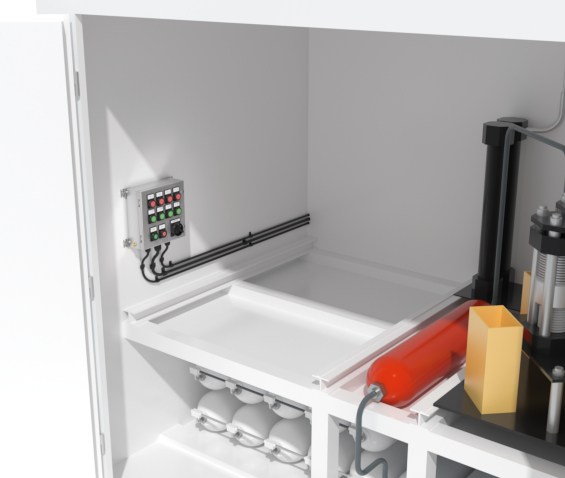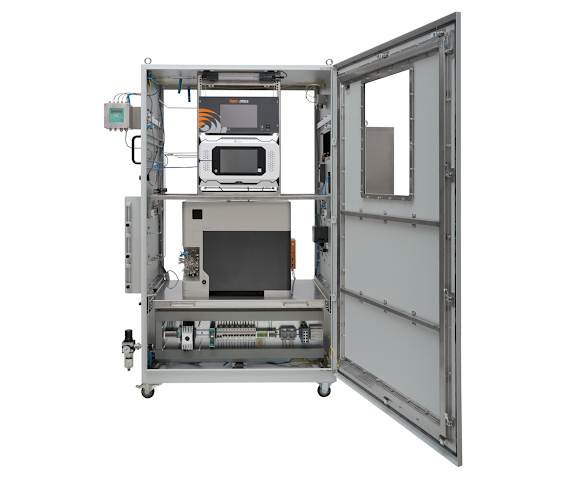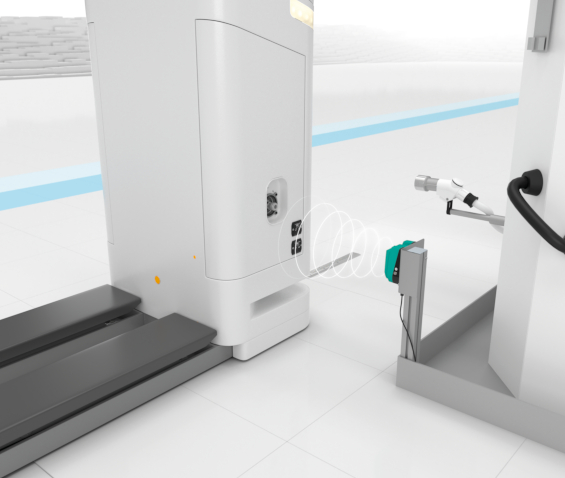April 2, 2024
The Powerhouse in the North
As a technology-savvy and future-oriented country, Norway occupies a prominent position in Europe’s economy. Find out more about the partner country of HANNOVER MESSE 2024, its path to decarbonization and Pepperl+Fuchs’ activities in Norway in this interview.
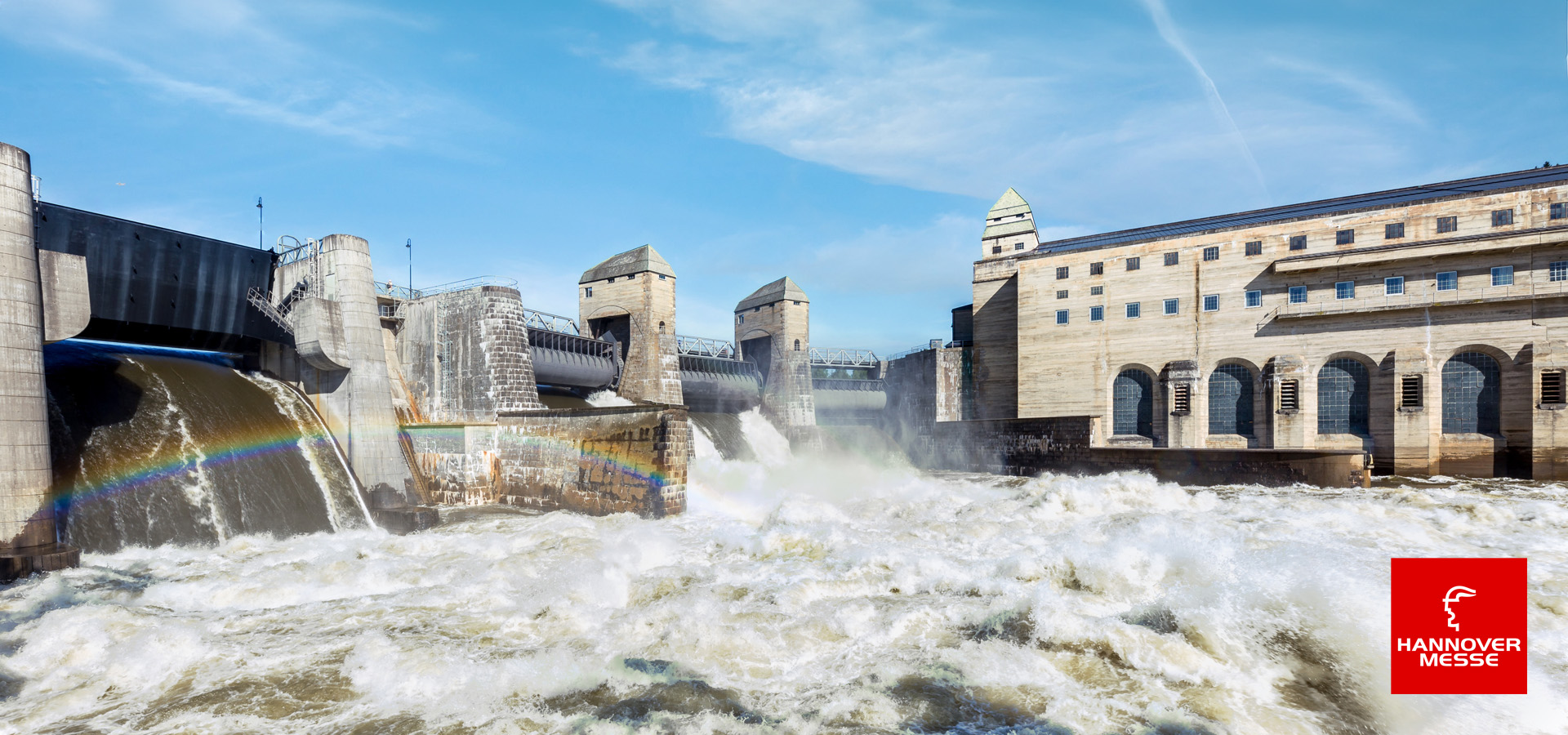
A powerhouse for energy and digitalization—Jochen Köckler, Chairman of the Managing Board Deutsche Messe AG, used this impressive symbol to describe Norway's outstanding position within the European economy in the run-up to Hannover Messe 2024. Indeed, this year's partner country of the world's leading industrial trade fair can confidently present itself under the motto 'Pioneering the Green Industrial Transition': Norway is now as well known for alternative energy sources as it is for its spectacular landscapes. In this interview, Robert Aasen Kverndalen (System and Solution Engineer, Factory Automation) and Jarle Groenstein (Sales Manager, Process Automation) explain the connection between natural beauty and decarbonization and how Pepperl+Fuchs operates in Norway.
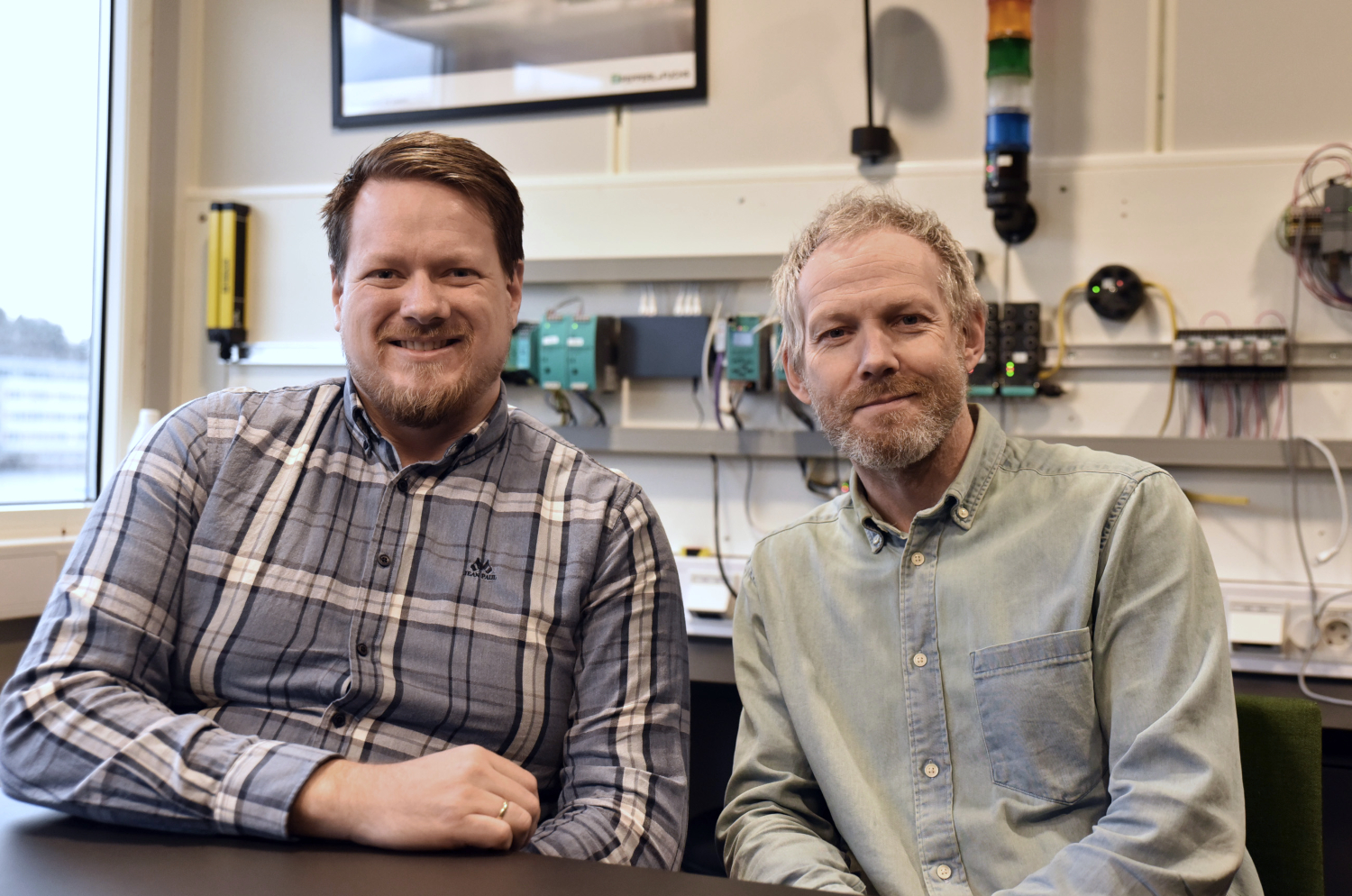
Strong team in Norway: Robert Aasen Kverndalen (System and Solution Engineer, Factory Automation) and Jarle Groenstein (Sales Manager, Process Automation)
Robert Aasen KverndalenAs the world's largest trade fair of its kind, Hannover Messe is of course also very well known in the industrial environment in Norway and enjoys a very good reputation. The trade fair will certainly intensify the already close business relations between Germany and Norway. The expected media coverage of the Hannover Messe will also raise its general profile among the Norwegian population.
Jarle GroensteinI think the history of Pepperl+Fuchs' development here in Norway is an excellent example of the international relevance of this event. Our business activities in Norway date back to contacts made at the Hannover Messe in 1968. A Norwegian distributor of automation components added Pepperl+Fuchs products to its portfolio after discussions at the trade fair. That was the starting point for our current presence in Norway. The Hannover Messe has therefore been an important communication platform for us for over 50 years.
Jarle GroensteinPepperl+Fuchs has had a wholly-owned subsidiary in Norway since 2006. It is located in Porsgrunn in the province of Telemark, a comparatively small town with a population of just under 40,000. There are currently 14 employees here, most of whom have been with us since the beginning. This continuity and the extensive know-how that goes with it are a key success factor. Conversely, it is also very satisfying for us employees to see how we have helped to shape this success over the years.
Robert Aasen KverndalenIt seems to me that we have a bit of an image problem here (laughs). No, there's no doubt that Porsgrunn is probably hardly known beyond the borders of Scandinavia. But that doesn't diminish its role in the Norwegian economy. The municipality has been a real industrial hotspot in the country for around one hundred years. The largest contiguous industrial complex in Norway is located on the Herøya peninsula, which belongs to Porsgrunn. The municipality also plays a leading role when it comes to technical education, with its own technical college and the opportunity to study engineering at the University of South-Eastern Norway's local campus.
Jarle GroensteinApart from its own economic strength, you also have to consider Porsgrunn's location. The municipality is centrally located. From our subsidiary, we can reach three of the country's ten largest cities—Oslo, Drammen, and Kristiansand—in a maximum of two hours' drive. This means we can be there quickly for our customers and advise them on the selection of products or support them with the implementation of applications. The desire for good personal contact and short decision-making paths is crucial for long-lasting business relationships in Norway. We can meet this very well from Porsgrunn.
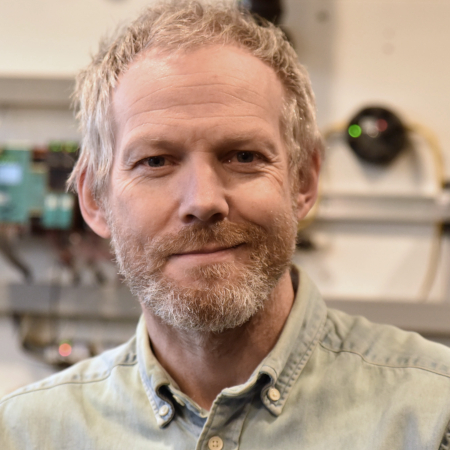
Robert Aasen KverndalenThis is actually not only the personal perception of visitors to our country but can also be proven by the registration figures. In 2023, zero-emission vehicles accounted for more than 80 percent of new registrations in Norway, with Tesla leading the way with more than 25,000 vehicles. In my opinion, there are various factors that have contributed to the high uptake of electric cars in Norway. First of all, we Norwegians are generally a technology-savvy people who enjoy progress and are very open to new technologies, both in our business and private lives. In this respect, there was a good breeding ground for the topic of electromobility in our country. In addition, electric cars have been very actively promoted by the Norwegian government over the past ten years. For example, no VAT was initially payable on the purchase of an electric car and tolls and parking fees were lower.
Jarle GroensteinLast but not least, the comparatively low price of electricity in Norway has contributed to electric cars quickly being perceived as a very attractive means of transportation. Since water in the form of fjords, rivers, and lakes is available almost everywhere here, there are many opportunities to build hydroelectric power plants that generate inexpensive electricity. The sheer number of such hydropower plants in Norway is significantly lower than in Germany, for example. However, due to the large volumes of water and favorable gradients in the Norwegian fjord and high plateau landscapes, they work extremely effectively. This benefits both private consumers and the state, which owns almost all the hydroelectric power plants. Energy from hydropower plants has become one of our country's most important exports. We Norwegians now jokingly refer to this renewable energy as our 'arvesølvet', which translates as 'family silver'.
Robert Aasen KverndalenYes, you can summarize the situation like that. The huge oil and gas reserves have made Norway one of the wealthiest countries in the world, and there are still rich deposits that can be exploited. However, it is clear to everyone that there will be a time after that. The need to set the economic course at an early stage has been recognized.
Jarle GroensteinAn important component of this is the well-known Norwegian sovereign wealth fund, which was established with the aim of investing the income from the oil and gas business in the best possible and future-oriented way. This fund, which incidentally made a record profit last year, now holds 1.5 percent of all listed shares worldwide. At the same time, there are government initiatives such as 'Innovation Norway', which support the Norwegian economy in developing new industries and business areas.
Robert Aasen KverndalenWithin this transformative process, we see ourselves as an important and, above all, versatile partner for our customers from a wide range of sectors. Pepperl+Fuchs products and solutions are needed everywhere: The gradual shift from the 'classic' production environments of factory and process automation and fossil fuels to future-oriented, networked IIoT productions and renewable energies requires a wide variety of automation components and the associated solution expertise.
Jarle GroensteinThe expertise that Pepperl+Fuchs already has today will be in greater demand than ever in Norway in the coming years. Take electrical explosion protection, for example, for which Pepperl+Fuchs is widely known. This is often directly associated with the oil and gas industry in people's minds. However, explosion protection regulations must also be observed within the hydrogen value chain. Pepperl+Fuchs products and solutions are used here in numerous places. This starts with the electrolysis process and extends to the transportation of hydrogen and its use in industrial plants or at hydrogen filling stations. The variety of Pepperl+Fuchs products used here includes Ex e terminal boxes, purge and pressurization systems, and NAMUR sensors as well as various interface components. In addition to the revolutionary Ethernet-APL rail field switch, these also include remote I/O systems or classic isolated barriers for intrinsically safe 4—20 mA communication.
Robert Aasen KverndalenThat is basically true, but as we discussed earlier, energy from renewable sources is now an important export commodity for Norway. In this respect, the country is striving to develop other energy sources in addition to hydropower. This is the only way to ensure that sufficient energy is available both for export and for domestic consumption. This is where wind energy comes into play as an additional tool. Norway's long coastline offers excellent conditions for operating offshore wind farms. New wind turbines are also constantly being built on the Norwegian continental shelf. For the reliable and effective use of all these wind turbines in the often harsh Norwegian climate, robust industrial sensor technology must of course be used. Pepperl+Fuchs provides support here with rotary encoders, vibration sensors, and inductive proximity switches, for example, which ensure optimum energy yield.

Jarle GroensteinThe first thought may be that the conditions for solar energy in Norway are suboptimal due to the long, dark winters. Conversely, however, there is a disproportionately high amount of sunlight available in the summer months, when the sun sometimes does not set at all. The fact that a solar plant with 360 modules recently went into operation on Spitsbergen, Europe's northernmost point, speaks volumes about the potential that exists.
Robert Aasen KverndalenIn purely percentage terms, solar energy is not yet a relevant factor in our country's energy mix. But as my colleague has just pointed out, this may change in the future. However, solar technology already plays a role as an export product in Norway: the solar panels manufactured in our country are exported all over the world. Pepperl+Fuchs also offers solutions for this, such as sensors for detection of solar and photovoltaic wafers in the production lines or RFID systems for track-and-trace applications. Whatever the energy mix will look like in a completely decarbonized Norway: Pepperl+Fuchs is making an important contribution to this change with its products and solutions.


